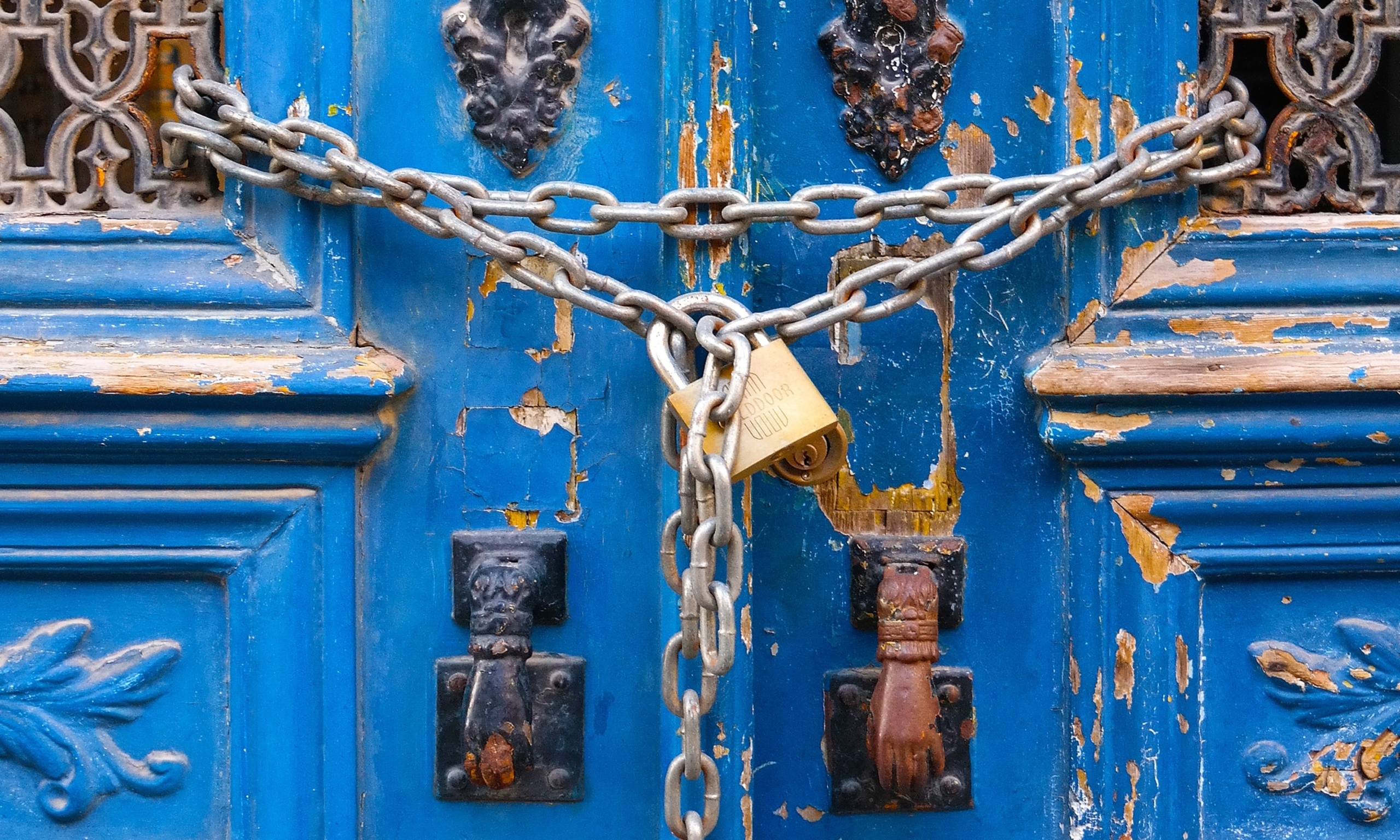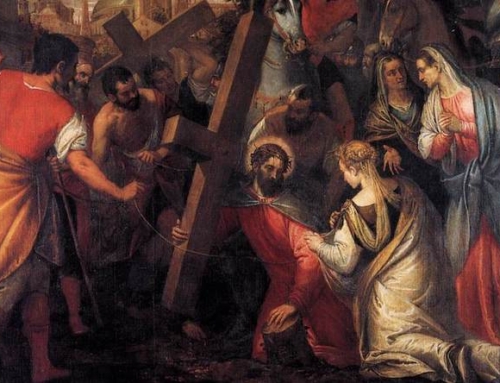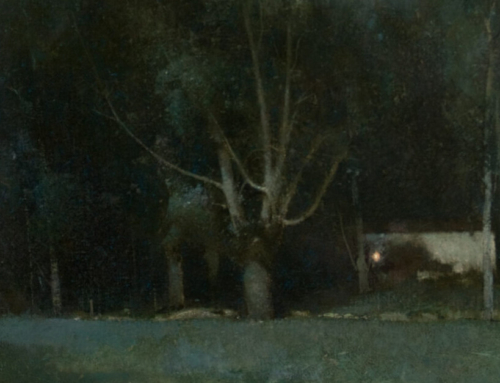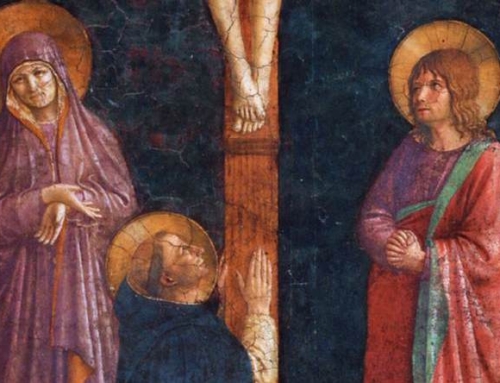2020 Advent Series: O Clavis David
“O Key of David and scepter of the House of Israel;
you open and no one can shut;
you shut and no one can open:
Come and lead the prisoners from the prison house,
those who dwell in darkness and the shadow of death.”
What is the purpose of a lock? Locks protect what is behind them, preventing all but the keyholder from gaining access. This implies two things: first, locks guard what is valuable. Locked contents can be precious or sought after things, and thus they must be protected from those who seek to gain them illicitly. Second, they show the authority of the keyholder. Only the one who possesses the key has the authority to open and close the lock at will. No one else may rightfully do so.
Yes, it is true that man-made locks are often imperfect. With the right tools and skills, it seems like any lock can be picked. But what of the lock described by today’s antiphon, O Clavis David? Specifically, it does not mention any lock. However, it does refer to a key, thereby implying the lock’s existence. This antiphon refers to Jesus as the “Key of David,” the very key who opens and shuts definitively. The lock he opens is not one that can be picked. This is the lock closed by Adam’s sin, the one that barred humanity from the life of heavenly glory.
No mere man could hope to open that lock, however. Only he whom Isaiah foretold will have “the key of the House of David on his shoulder” can open it. For “what he opens, no one will shut, what he shuts, no one will open” (Isa 22:22). Only the Key of David himself holds this authority. Jesus, the God-man, holds kingly authority in his human nature as a descendant of David. But more importantly, Jesus holds this authority because he is God, the second person of the Trinity. Man alone could not bridge the gap between himself and God. God, the loving and omnipotent Creator of all things, had to act first, reaching down to us in Jesus’ Incarnation and Nativity. Only then could the lock be undone and man be unshackled from his sins.
During the Advent season, we look forward to Christ’s coming with particular longing. We are like prisoners and “those who live in darkness,” desiring to be set free from the shadow of death (Isa 42:7). Christ, the one who is to come, holds the key. He has the authority to free us. But not only does he hold the key, he is the Key. Jesus, our Incarnate Lord, is the Word made flesh. He assumed a complete human nature so that he might in turn save the human race by his Passion, Death, and Resurrection.
Yet we must remember that locks guard valuable things. Not only is Jesus the Key of David who unlocks the chains of death, but he opens for us the way to heaven. When he leads forth the prisoners and those dwelling in darkness, he brings them into the light of heavenly glory. Christ unlocks for us eternal life with the Triune God in the beatific vision. Thus, Christ is at once the Key, the keyholder, and the valued treasure whom we seek. He treasures us and desires that we be with him. Thus, he unlocks for us the way and draws us to himself. He bestows his grace upon us so that we might be perfected in glory and share in his life. Christ, the Key of David, is truly “the way and the truth and the life” (John 14:6).
Come, Lord Jesus, and do not delay! Come and unlock for us eternal life!
✠
Photo by Jens Peter Oleson on Unsplash







